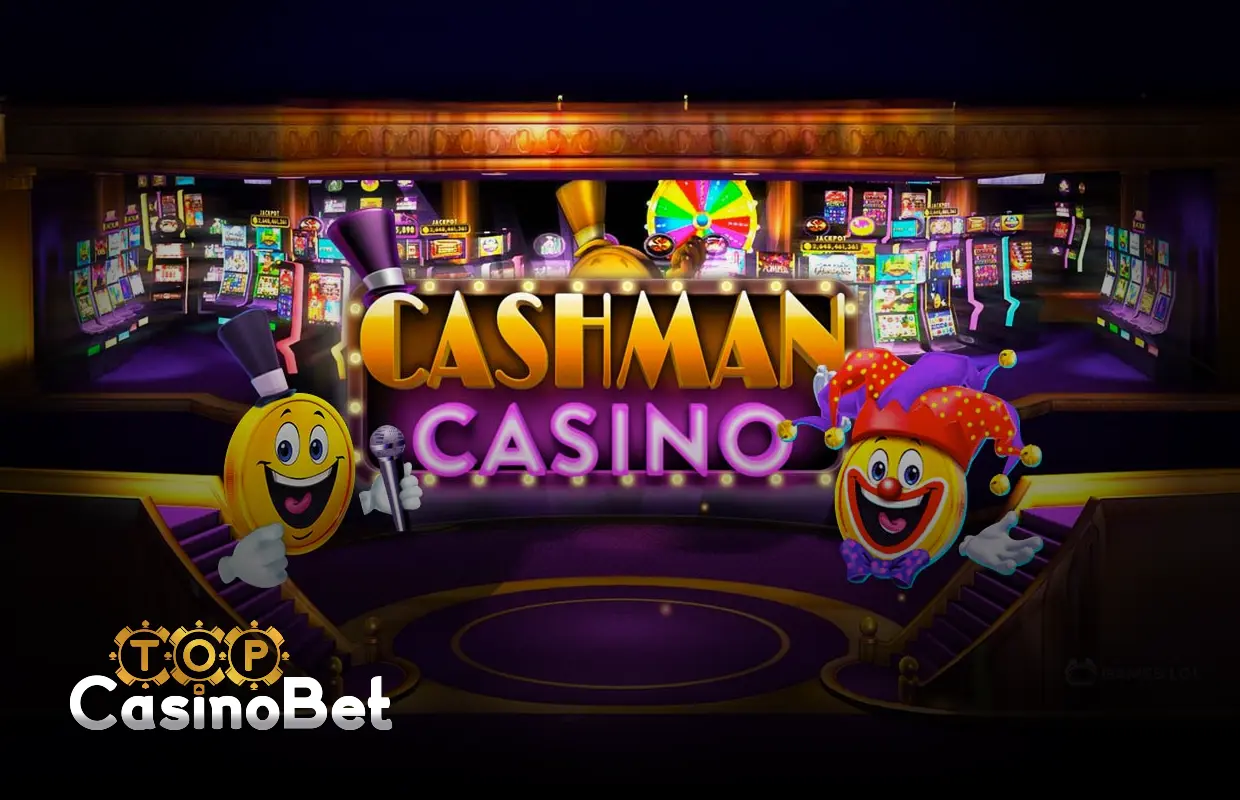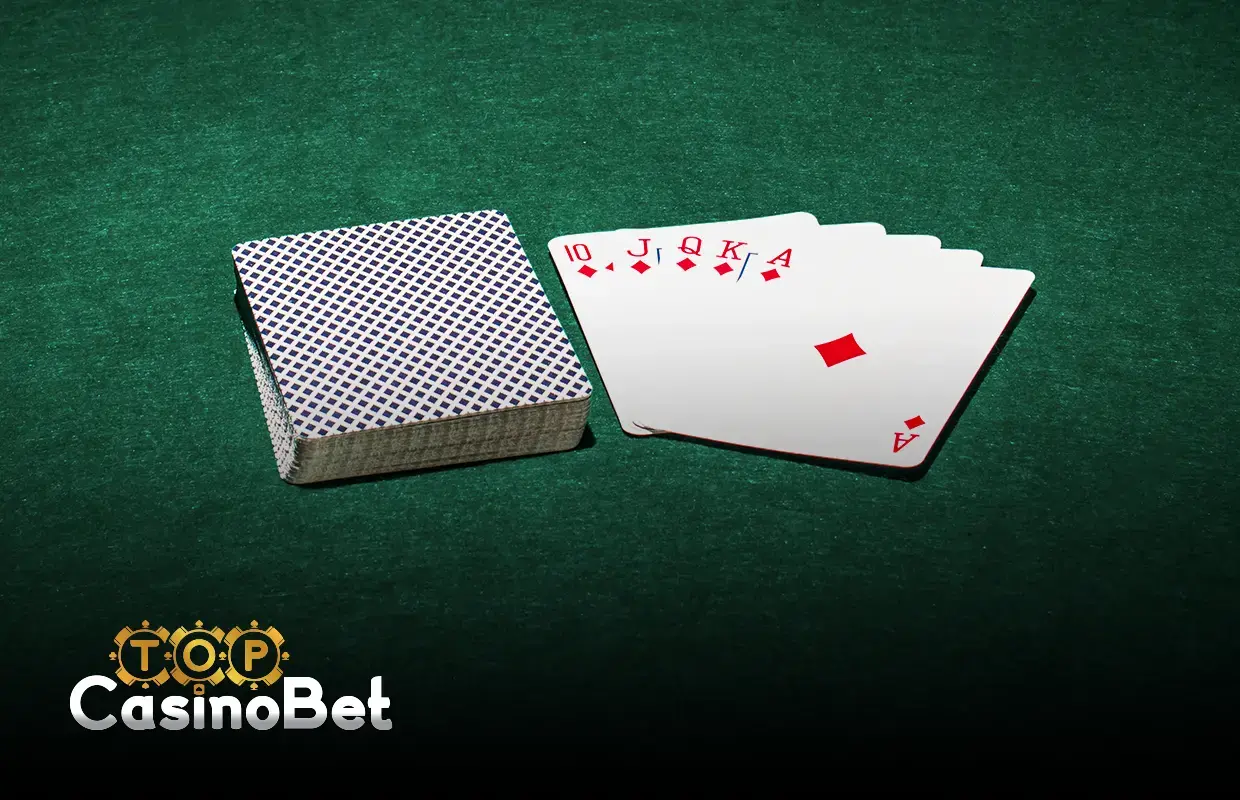


Roulette looks simple when you watch it for the first time. There is a wheel, a ball, and chips. You place a bet on red or black, cross your fingers and hope the ball lands in your favor. If you win, you feel like a rock star. If you lose, you just laugh it off and think you still need practice.
What are call bets in roulette? Here's the secret. Roulette is not all about luck. There are some hidden tricks that you didn't see, and one of them is called call bets. Let's think of them as the hidden secret that only experienced people know about.
If you have ever seen someone leaning back on a chair whispering some fancy French words into their dealer's ear and smiling back at you, the odds are that it is a call bet. So, what are call bets in roulette? And why do players use them? Let's just keep it simple and find out.
A call bet (also known as an “announced bet”) is just as the name suggests. Instead of carefully placing chips in a neat little stack on the table, you just tell the dealer what bet you want. The dealer then puts the chips in place for you, covering a section of the wheel instead of just one lonely number.
Call bets are more common in European and French roulette, which is why many of the bets have French names. They allow you to cover groups of numbers in a pattern reflecting how they sit on the wheel, not just the betting layout on the table.
Why does this matter? Because roulette is not random chaos, it is organised chaos. The wheel has been designed where numbers are placed in a certain way, and call bets allow you to take advantage of those patterns with a bit more style than just placing chips on black.
There are many different types, but the four best-known, or the "Mount Rushmore" of French roulette, are Voisins du Zéro, Tiers du Cylindre, Orphelins, and Jeu Zero. Each has its own rules, chip requirements, and vibe.
There is a reason why this is the blockbuster. Voisins du Zéro covers 17 total numbers surrounding the green 0 on the wheel, covering nearly half of it. To play it, you need to put down nine chips across splits, corners, and straights. It's like buying a season pass to half of a show; it seems expensive, but you are going to be in the action much more often.
Numbers Covered: 22, 18, 29, 7, 28, 12, 35, 3, 26, 0, 32, 15, 19, 4, 21, 2, and 25.
It covers 12 numbers opposite to zero and requires only six chips, all placed as splits. If you are looking for value, this is a favourite amongst the regulars.
Numbers covered: 27, 13, 36, 11, 30, 8, 23, 10, 5, 24, 16, and 33.
As the name suggests, these were the numbers that remain when the first two bets are removed. You cover eight numbers, randomly scattered throughout the wheel across two separate zones. It costs five chips and is very messy, but still somehow popular.
Numbers covered: 1, 20, 14, 31, 9, 17, 34, and 6.
This is the diet version of Voisins du Zéro. You cover just seven numbers nearest to zero, using four chips. The payout structure for Jeu Zero bets varies depending on the number the ball lands on. If the winning number is 26, you are paid 36 to 1, but if you have one of the other six numbers, then the payout is 18 to 1.
This type of bet is also a favourite of gamblers, referred to as the five-piece bet.
Numbers covered: 12, 35, 3, 26, 0, 32, and 15.
Not all call bets are fixed; some are more variable, letting you play with the wheel in more flexible ways with neighbours and final bets.
With a neighbours bet, you pick one number and your bet covers the two numbers either side of it on the wheel. That's five numbers, making it a five-chip bet, with one chip for each of the 5 individual numbers.
So if you choose 32, your neighbours would be 26 and 0 to one side, and 15 and 19 to the other side, altogether with 32 makes your "neighbourhood." Odds of winning are somewhere around 13.5%, so it is a nice in between from a single number bet and a very large section bet.
Final bets operate differently. Instead of aiming for a position on the wheel, you aim at a final digit. A "Final 4" bet will cover 4, 14, 24, and 34.
Depending on the digit, you will need 3 or 4 of these chips. "Final 7" has only three numbers (7, 17, and 27) and "Final 5" has four. Odds are usually 8% and 11%.
Final bets do not cover a tidy area of the wheel, but spread looks across it. This makes for a fun experience for players who like to find patterns and mix up their approach.
In a European or French-style roulette table, it's as simple as actually saying it out loud. "Voisins du Zéro, s'il vous plaît." The dealer will then take care of the chip placement! In digital or online versions of roulette, there is typically a racetrack-shaped mini-board you can click on to select your call bet.
American roulette tables usually don't allow call bets (after all, they have that added double zero to extract extra juice from the house), so check your options before showing off your French accent.
So, why go to the trouble? Call bets allow players to target sections of the wheel strategically instead of just randomly scattering chips across the table. They create patterns, simplify betting, and provide a true sense of control for players, even if the ball is still going to roll wherever it wants.
They also help you show off. Call bets help your game look like you graduated from home game roulette school. And while this isn't rocket science (and doesn't guarantee wins), it does help change the pace of play and create interest.
So, what are call bets in roulette? They are simply much more efficient and fun to play because they allow you to include complete sections of the wheel with just one call to the dealer. From the broad Voisins du Zéro to the narrower Orphelins, every call bet includes different mechanisms and levels of excitement to the game.
They certainly will not guarantee a win, but they can make the game feel more interesting and offer you more ways to play.
If you're looking to add some flavor; and perhaps some French sophistication, to your roulette game, call bets are definitely worth it.
A call bet (also known as an announced bet) allows players to cover parts of the roulette wheel by telling the dealer the specific bets instead of putting down chips for each one.
Call bets are common in European and French roulette games. Due to the double-zero layout, they are less common in American roulette games.
The most common fixed call bets are Voisins du Zéro, Tiers du Cylindre, Orphelins, and Jeu Zero. Neighbours (neighbour bet) and Final bets (final bets) are examples of flexible call bets.
Yes, most online roulette sites today are now offering call bets through a racetrack betting layout, allowing players to place a call bet with one click.


















THE BEST ONLINE CASINOS WE RECOMMEND